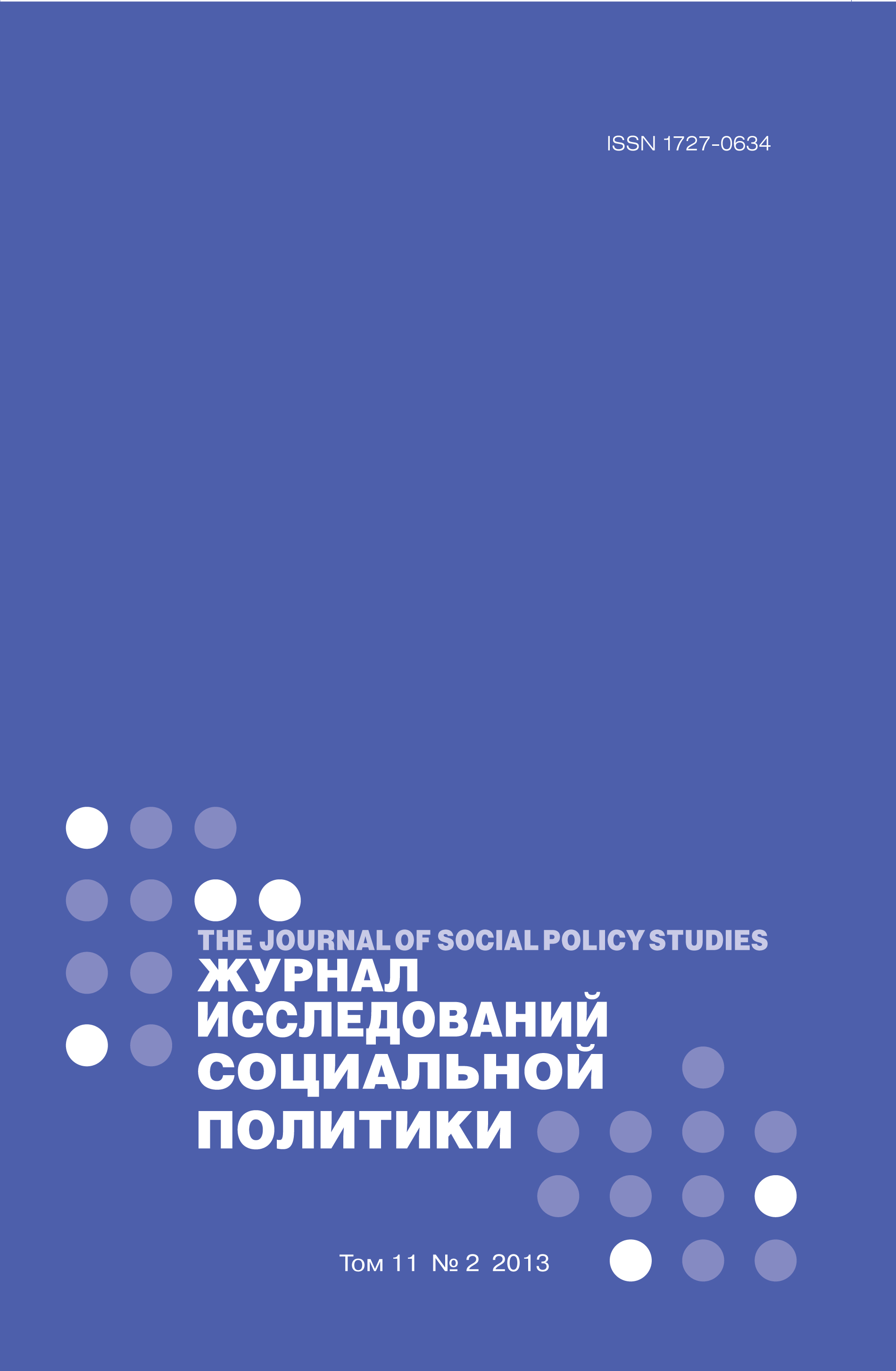Network Resource as the Factor of Integration of Foreign Labor Migrants to Regional Society
Abstract
Foreign migrant labor to Russia is a relatively new phenomenon and the development of social networks as the guarantors of social support in a host community have subsequently arisen in response to the insufficient state mechanisms of integration. Based on the theoretical frameworks of social networking, foreign migrant networks are typically seen as the key element to that groups ability to access employment, housing and other resources, while reducing the risks and socio-economic barriers presented by within the host community. Through a series of interview with foreign labor migrants from Uzbekistan, Tajikistan, representatives from the “Russian Azerbaijani Congress of the Republic of Mordovia," the regional branch of the “Union of Armenians of Russia,” as well a representative from “Tashir” company in Saransk, an extensive analysis of the network resources and factors of integration of foreign labor migrants in the Republic of Mordovia shows how various labor communities have interacted with the regional society. Mapping the network topology of foreign labor migrants in Mordovia revealed several distinctions amongst the different ethnic communities in relation to the level of integration with the regional society. Uzbek migrant laborers built networks of “paternalism” that relied on personal, often familial, connections in specific industries. Uzbek migrant laborers identified their network as a temporary means to quickly access employment before returning home, which cemented the ethnic character of the network and few attempted to integrate into the regional society. Tajik migrant labor networks were based on a “religious solidarity” that utilized the mosque as a hub of social benefits and place of integration with the regional society. As such Tajik laborers were more inclined to develop social capital by becoming establishing deeper links to the regional society. Azerbaijani and Armenian foreign migrant labor communities had large, consolidated networks that provided strong socio-economic and political support in the republic of Mordovia and were marked by an institutional integration into the host society much greater than their Uzbek or Tajik counterparts. The social networks reveal a diversified model of “assimilation,” "multiculturalism"and "segregation",based on the particular needs of the different migrant labour communities and should serve as a framework for the development of state integration strategies in the future.















